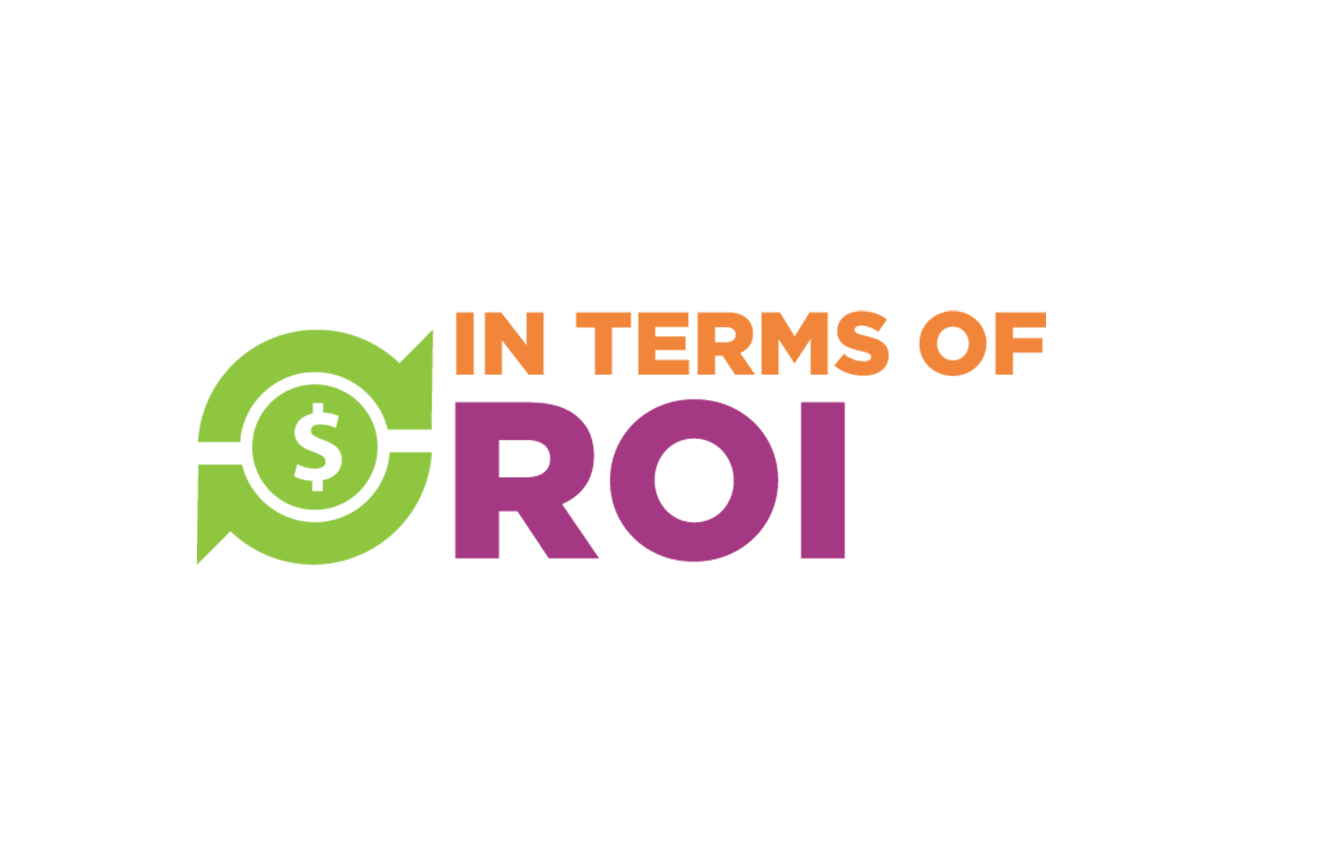The Day That Everyone Grabbed the Mic

When I was 26 I had a vision of interactive media making the world a better place.
I had gone through several mental revolutions before that.
Listening to my parents talk about seemingly insoluble problems mostly had by other people, I had the feeling that the world was imperfect, and an urge to make it better. As I became exposed to people other than my parents I was able to directly experience some of the problems my parents had talked about. People putting each other down, out only for themselves, morbid attraction to violence, the list goes on.
Performing on stage from age 4, and improvisational mambo dancing from age 16, had given me many Flow state experiences. These experiences caused me to become more organized in my introspections, because they gave me a desire to understand these states of consciousness.
The atom bomb and hydrogen bomb, and intercontinental ballistic missiles, were the most salient things in life at the time. For years I planned on going to West Point and a military career to be the way I would be able to gain the position where I could make a difference.
Then I thought maybe being a writer would be the way I could do the most good.
When I got into the media advertising marketing business right out of college (age 21) it struck me that television was going to be the way that consciousness could be changed positively at a massive level. A year later I read Marshall McLuhan’s first book focusing on media and had a feeling that I was right.
After five years in the business I had a vision of two-way television empowering individuals. Instead of being couch potatoes they would be co-creators of the medium. This, I felt, was going to be the silver bullet that would fix civilization and the human race for good.
I imagined that self-expression and doing one’s passion work and following one’s dreams was all going to be enabled by interactive media. When I was 30 I stopped working for other people and became self-employed. I named my company New Electronic Media Science (NEMS) and people asked me what I was talking about. At the time I gave the lame answer that cable was the first manifestation of new electronic media, and that it would soon begin creating its own content, and that viewers would help create that content, and that online services like Telmar and IMS were going to become available to consumers and would take many forms, including shop at home and buying things with one click. TV and online services would also be miniaturized and go with us wherever we went.
I was right about many things. But I was wrong about the initial societal impacts. 180 degrees wrong.
I foresaw people bringing out their own talents and the content industry broadening its base of creative people. Ushering in a new golden age where individuals went through life doing their own thing and being paid for it. Where people felt so fulfilled that negativity levels would drop.
O boy was I wrong.
The day that everyone grabbed the mic, mostly what they said involved hatred and bigotry.
All the work I had done to pave the way for interactive media had resulted in exactly the opposite of what I foresaw.
Today the creative pool of people making a living out of their own content creativity is not expanding, it’s shrinking. Musicians and writers are the most obvious example of this.
On the other hand, influencers are making a living by shilling for advertisers, and those influencers and advertisers are making a buck out of it. All too often it’s not so much because the influencer is talented, but because the influencer is attractive and/or charismatic, confident and/or outspoken.
Neil Postman was much closer to the mark than Marshall McLuhan or myself. Neil saw the trivialization of life that was inherent in the television experience. Oscar Wilde said that life imitates art much more than art imitates life. He and Neil were right. Politics is now a major part of media and of life and is played by the rules of the media. New languages always came along with new generations but the newest languages are devolving from the heights of what our civilization has achieved artistically in the past.
Where is it all going to end up?
I take the long view, and have great respect for all beings. We are all amazing creatures. In the long run, we are going to wake up and turn it all around. Some of us are already storming the Normandy beaches of the mind, and getting the same kind of reception the Allies initially got on June 6, 1944. It starts there. But it will end well. I have that confidence in all of us.

Posted at MediaVillage through the Thought Leadership self-publishing platform.
Click the social buttons to share this story with colleagues and friends.
The opinions expressed here are the author's views and do not necessarily represent the views of MediaVillage.org/MyersBizNet.


